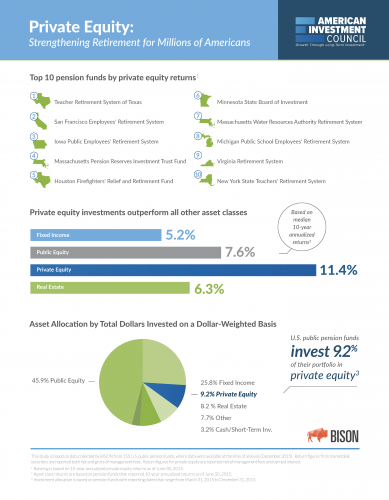
From the InBox:
As you may have heard, the Texas Senate passed a bill yesterday which makes sweeping changes to the City of Houston’s pension systems. I am still reviewing the language of the final bill and will have a summary for you in a day or two, but one very important provision requires that future pension bonds be subject to voter approval.
There has been a long-standing tradition in Texas that bonds repayable from property taxes, referred to as general obligation bonds, must be approved by voters. In 1999, the Legislature formalized this tradition in Government Code §1251.
When the Legislature authorized pension bonds in 2003, the legislation was silent on whether voter approval was required. The Attorney General’s office has previously ruled that this silence on the voter approval allowed municipalities to issue bonds without voter approval.* So, the roughly $1.5 billion in pension bonds that have been issued by Houston, Dallas and El Paso, have all been issued without voter approval.
Senator Huffman made an early commitment to include a vote on pension bonds in her bill. Lt. Governor Dan Patrick and Senator Bettencourt both backed her up on the commitment. Turner initially railed against the provision, insisting it was a poison pill, but in negotiations over the weekend, Turner folded and agreed to its inclusion. Apparently the “poison” was not so lethal after all.
It is, however, unclear whether Houston taxpayers will get to weigh in on the initial $1 billion of bonds Turner intends to issue as part of the deal with the police and municipal plans for reduced benefits. This is because unless the bill passes both houses of Legislature by a two-thirds majority it cannot become effective until September 1. If it passes by a two-thirds majority, it becomes effective immediately on the Governor’s signature. The Senate easily passed the measure by a two-thirds majority, but if the House does not, Turner would have a three-month window to try and rush through the bonds before the effective date.
While issuing the bonds before the effective date would be an incredible slap in the face of Houston taxpayers, I am not particularly troubled by this possibility.
Many of you will recall that during the campaign I advocated using pension bonds to get benefit concessions from the pension plans, but always said any such deal should be submitted to voters for approval. Of course, during the campaign Turner was adamantly opposed to issuing pension bonds, but that is now the centerpiece of his pension plan.
The purpose of requiring voter approval for pension bonds, which are inherently risky financial instruments, is to ensure they are not misused. But the deal Turner struck, $1 billion of pension bonds for roughly $2.5 billion in benefit concessions, is a on balance a reasonable one. I would have preferred that they also be used to begin to phase out defined benefit plans, but there is some movement on that issue in the bill as well.
Polling shows that while voters strongly feel they should have the right to approve pension bonds, a majority would approve this particular deal, especially when it is explained that City employees made benefits concessions in exchange for the cash infusion which will be made from the bonds.
So, while I am philosophically opposed to issuing general obligation bonds without voter approval, I do not see any great harm if Turner issues the pension bonds before the effective date. And if the House ends up adopting the Senate bill by a two-thirds majority, this loophole will not be available and a vote will be required. Given the progress we have made on pensions generally in this new bill, if the bond proposition is submitted to voters, I will support it.
Unfortunately, it looks like Houstonians will be the only municipal residents in Texas with the right to approve pension bonds. A bill authored by Paul Bettencourt to requiring a vote on pension bonds statewide easily passed the Senate but appears to be going nowhere in the House.
* Some lawyers, including yours truly, think the AG’s office got it wrong on not requiring a vote on pension bonds in their initial review. The AG concluded that Govt Code §1251 (requiring a vote on GO bonds) and Local Gov’t Code §1.07 were in conflict and that therefore the savings clause in §1.07 controlled. However, a careful reading of the two sections suggests the two provisions are not in conflict. In that case, the voting requirement of §1251 should control. Hopefully, Gen. Paxton will take another look at this issue.




 befallen the city pension system. Now that the Dallas system has crashed we now know private equity investments had a large part in that scheme and liquidity issues. Houstonians must ask themselves what is Sylvester Turner up to with his latest “kick the can down the road” scheme. The irony that Turner created the system that is currently whipsawing him financially is a problem he made for himself. However, the implications are much bigger.
befallen the city pension system. Now that the Dallas system has crashed we now know private equity investments had a large part in that scheme and liquidity issues. Houstonians must ask themselves what is Sylvester Turner up to with his latest “kick the can down the road” scheme. The irony that Turner created the system that is currently whipsawing him financially is a problem he made for himself. However, the implications are much bigger.